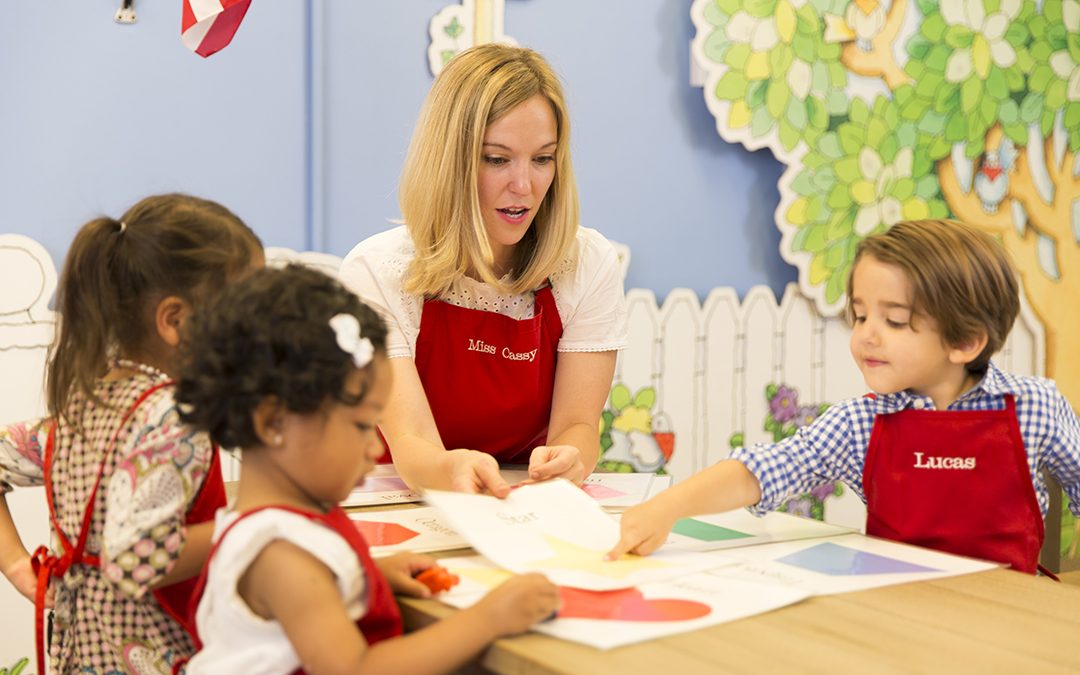Most parents can agree that they not only want their children to be happy, but also want them to be motivated. However, this demands a thoughtful approach to parenting that fosters emotional and psychological health. Here are several strategies grounded in research and expert advice to help you nurture well-rounded, motivated, and joyful children.
1. Establish Secure Attachment
Secure attachment between a child and caregiver is foundational for happiness and motivation. This bond is developed when a caregiver consistently responds to a child’s needs with warmth, understanding, and predictability. According to attachment theory, securely attached children are more likely to exhibit curiosity, resilience, and motivation. Ensure regular, engaged, and supportive interactions to build this secure base.
2. Emphasize Process Over Outcomes
Encouraging a growth mindset in children by focusing on effort rather than innate ability can significantly affect their motivation and overall happiness. Dr. Carol Dweck’s research on a growth mindset highlights that children who are praised for their hard work and strategies rather than their intelligence are more likely to embrace challenges and persist despite failures. This approach helps children develop a love for learning and an understanding that ability can be developed through dedication and effort.
3. Promote Autonomy and Involvement
Giving children some control over their activities and decisions can boost their motivation and happiness. Autonomy-supportive parenting, where parents provide options and respect children’s choices, leads to higher intrinsic motivation. When children feel that their opinions matter, they are more engaged and enthusiastic about the tasks at hand. Whether it’s choosing a weekend activity or deciding on a project to work on, involving children in decision-making processes empowers them and boosts their self-esteem.
4. Create a Positive Home Environment
A positive home environment, characterized by love, safety, and support, is crucial for the development of happiness. Regular family rituals, open communication, and a supportive atmosphere can reinforce children’s sense of security and belonging. A study by the American Psychological Association suggests that such environments are linked to better social skills and higher levels of happiness in children. Encourage positive interactions among family members and model respectful and caring behavior.
5. Encourage Social Connections
Strong relationships with peers and adults play a significant role in a child’s emotional health. Encourage your children to engage in social activities that allow them to form friendships and connect with others. Activities like team sports, music classes, or group projects not only help children develop essential social skills but also provide them with a network of support, enhancing their happiness and resilience.
6. Teach Coping Skills
Equipping children with effective coping skills to manage stress, disappointment, and change is essential for maintaining their motivation and happiness. Techniques such as mindfulness, emotion regulation, and problem-solving can be taught from a young age. These skills help children face challenges head-on and emerge stronger, rather than feeling defeated by setbacks.
7. Encourage Physical Activity and Play
Physical activity is not only vital for physical health but also for psychological well-being. Regular exercise and unstructured playtime can significantly enhance mood and energy levels, fostering both happiness and motivation. Play allows children to express themselves creatively, explore their environment, and develop physical and cognitive skills.
8. Limit Exposure to Technology
While technology can be educational and entertaining, excessive screen time has been linked to decreased happiness and increased behavioral issues in children. Set reasonable limits on the use of technology, and make sure it does not replace valuable face-to-face interactions or physical activities. Encourage more engaging activities like reading, arts and crafts, or family games.
9. Model Positive Behaviors
Children learn by watching their parents. Display behaviors you wish to instill in your children, such as perseverance, empathy, and joyfulness. Your enthusiasm for your interests and your positive coping methods during difficult times can serve as powerful examples for your children.
Final Thoughts
Raising happy, motivated children involves a combination of love, support, and strategic guidance. By focusing on these areas, parents can create an environment that not only meets children’s basic needs but also supports their emotional and psychological growth. This multifaceted approach can help develop resilient, motivated, and joyful individuals ready to face life’s challenges.

